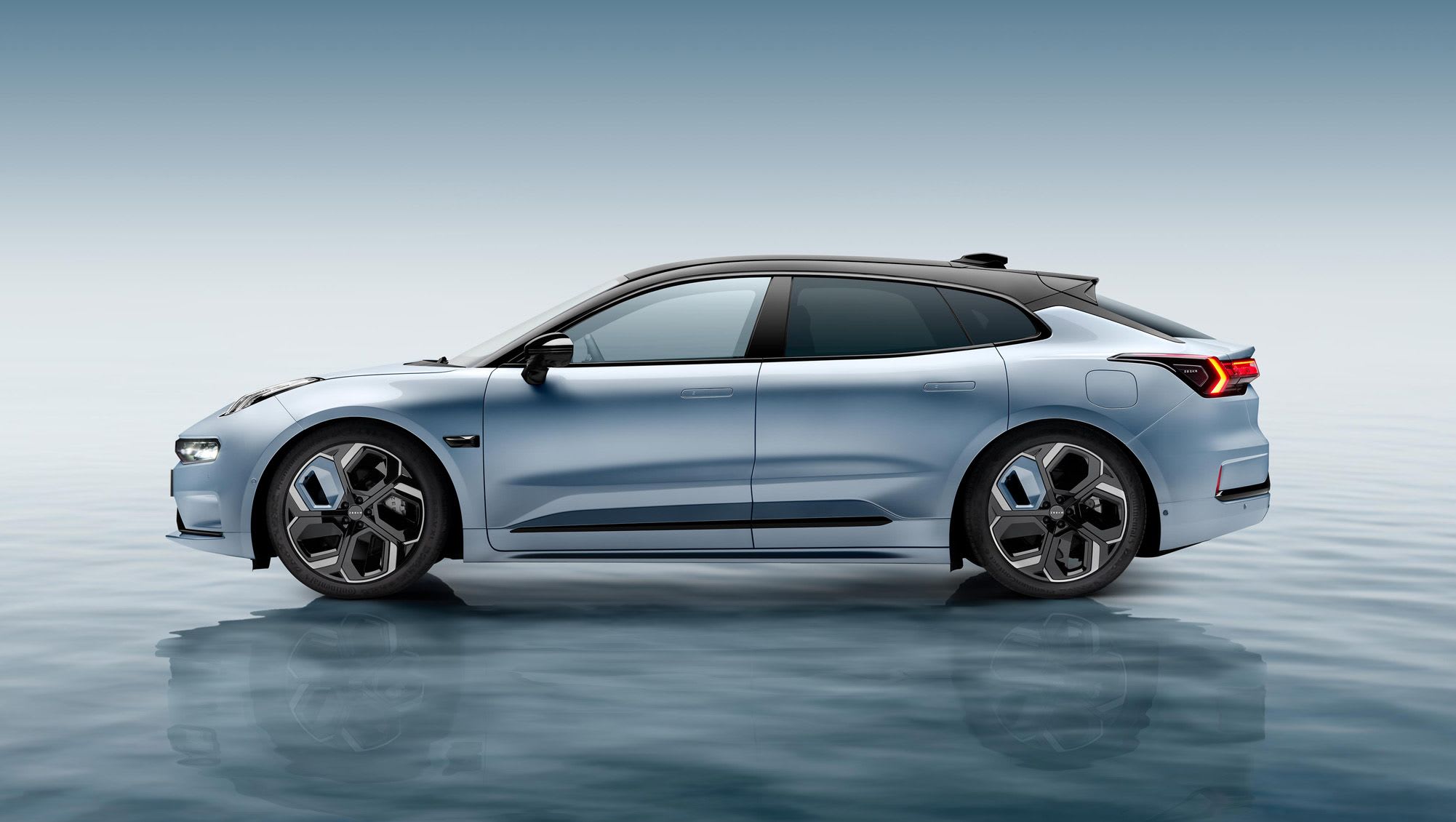The European Union’s recent protectionist measures have dramatically reshaped the electric vehicle landscape. In July, Chinese EV giants like BYD and SAIC’s MG felt the sting of new tariffs aimed at shielding EU automakers from low-priced rivals.
The impact was swift and significant: new registrations of Chinese-made EVs plummeted by 45% compared to June. This sharp decline comes from data compiled by Dataforce, spanning 16 EU member states that have reported their July figures.
The EU’s move underscores a growing tension between fostering green technology adoption and protecting domestic industries in an increasingly competitive global EV market.
The decline may have been amplified by automakers hastening to deliver EVs to dealers before the additional taxes took effect on July 5.
Although the figures cannot be relied upon completely, independent auto analyst Matthias Schmidt believes that to avoid upcoming tax increases, Chinese Automakers push to Clear their stockpiles in June.
The EU has imposed new tariffs on Chinese-made electric vehicles following an investigation that found Beijing’s subsidies are harming European automakers.
These tariffs, which significantly increase import duties, have affected a broad range of manufacturers importing vehicles from China. Companies like BMW, Tesla, and Stellantis which also import Chinese-made EVs, managed the impact by approaching their inventory management with greater caution, Matthias Schmidt notes.
Despite the challenges posed by these tariffs, Chinese EV brands were largely aligned with the overall market trend, as EV sales across 16 countries tracked by Dataforce saw a 36 percent decline. There is little in the July sales data to indicate that Chinese brands have scaled back their ambitions to expand in Europe, which remains the third-largest automotive market globally, behind Asia and the U.S.
Electric Vehicles Poised to Lead European Market as Combustion Cars Decline
While electric vehicles currently make up a small portion of the European market, they are projected to become dominant as traditional combustion engines are phased out over time.
Rapid growth has been recorded in the number of monthly sales of EVs across Europe.
Chinese automakers are grappling with declining sales. MG, a subsidiary of state-owned SAIC, reported a 20 percent drop in sales for July compared to the same period last year. Similarly, Polestar, owned by China’s Geely, experienced a more significant downturn with a 42 percent decline in sales.
Chinese companies have been registering a drop in sales across the EU, In Germany and France the drop has been down to 8% and 5% respectively.
MG will now pay 47.6% in duties, while Geely and BYD will face an extra 19.9% and 17.4%, respectively.
Meanwhile, the Chinese top-selling car brand, BYD, which sponsors the Euro 2024 Football Tournament, tripled EV Sales in 16 Markets in July Compared to Last Year. And is expanding its footholds in other European countries.
The imposition of new tariffs on Chinese electric vehicles comes amid a broader slowdown in global EV sales. EU policymakers are grappling with the challenge of balancing the protection of domestic auto jobs with the bloc’s ambitious goal of phasing out new petrol and diesel cars by 2035.
Schmidt thinks BYD has the financial capacity to absorb these costs and accelerate its market entry. However, the company is currently hindered by a shortage of shipping capacity.
He emphasized the importance of persistent efforts in the European market: “It is about perseverance. They need to be tapping on the door in Europe if they want to make Europe work.”




